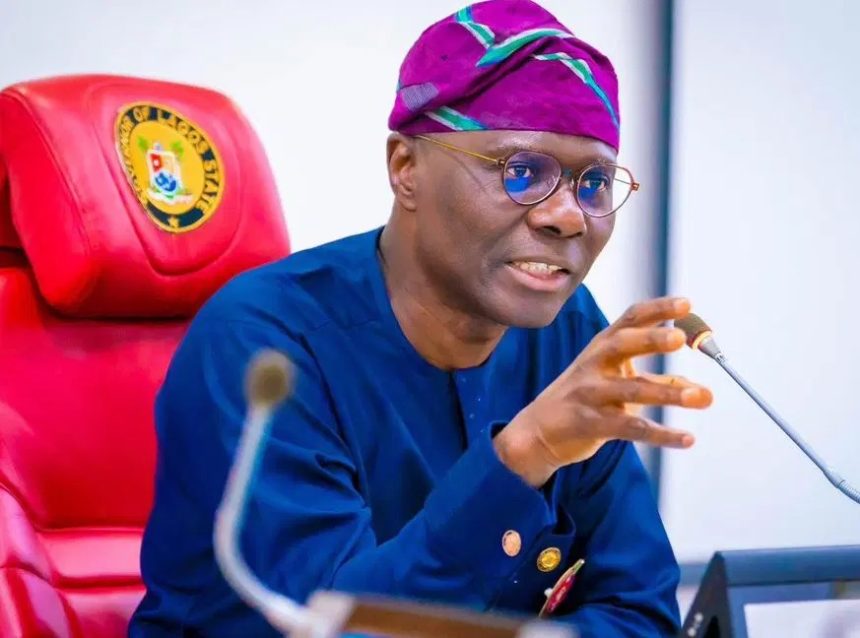In a decisive move to safeguard its vulnerable coastline and marine ecosystems, the Lagos State Government has unveiled a robust policy that mandates the forfeiture of illegally reclaimed lands and imposes substantial financial penalties on violators. The directive, recently endorsed by Governor Babajide Sanwo-Olu, underscores the state’s commitment to sustainable urban planning and environmental resilience.
Announced in the lead-up to the 2025 World Oceans Day, the initiative was detailed by the Commissioner for Waterfront Infrastructure Development, Mr. Dayo Bush Alebiosu, who described the policy as essential for curbing unregulated encroachment on waterways.
Under the new regulation, any unauthorised reclamation activity that disrupts or narrows the state’s natural water channels will attract an automatic forfeiture of 50 percent of the reclaimed land to the government. In addition to the forfeiture, offenders will face significant fines based on the prevailing market value of the affected property.
Mr. Alebiosu noted that the Lagos Lagoon and its adjoining bodies of water are not merely geographic features, but critical components of the state’s ecological and economic systems. “This is not just about land. It is about preserving a vital part of our heritage and future,” he said.
To enforce compliance and deter future violations, the Ministry of Waterfront Infrastructure is working in close coordination with the Ministry of Innovation, Science and Technology, as well as the electronic Geographic Information Systems (eGIS) office. This collaboration aims to strengthen surveillance of the state’s waterways and clamp down on illegal dredging and reclamation operations.

Meanwhile, the Commissioner for the Environment and Water Resources, Mr. Tokunbo Wahab, reiterated Lagos’ broader environmental strategy while speaking at the ongoing United Nations Ocean Conference in Nice, France. He affirmed that the state remains proactive in addressing the effects of climate change, particularly those arising from its coastal location.
“Lagos is not a passive observer of climate risks,” Mr. Wahab declared. “We are witnessing rising sea levels, increasingly erratic rainfall patterns, and soaring temperatures. But our response has been strategic and sustained.”
He highlighted major investments in the state’s drainage infrastructure over the past two years, including continuous clearing of primary and secondary drains aimed at reducing the incidence of urban flooding. He also spoke on the state’s shift from a linear waste disposal model to a circular economy framework, turning Lagos’ 13,000 tonnes of daily waste into a resource for energy and material recovery.
Mr. Wahab reaffirmed the state government’s long-term vision of building a more secure, environmentally sustainable, and climate-resilient Lagos—one that can be passed on to future generations with pride.



